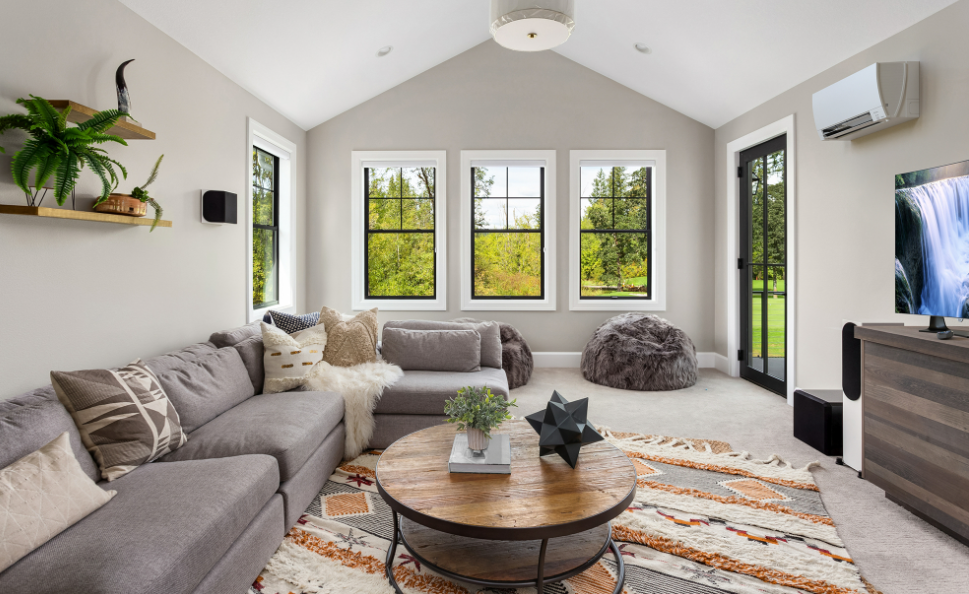Heat pumps are an increasingly popular choice for both home and business owners for their energy efficiency and cost savings. In order to get the best heat pump, it’s important to choose the right one for your needs. With so many different types and models on the market, it can be tricky to know where to start.
Here are 5 tips to help you choose the best pump for your home:
Consider the Climate.
If you live in an area that gets very cold in the winter, and where it’s more likely to freeze than snow, then a heat pump may not be for you. This is because heat pumps don’t work well in extremely cold temperatures, which means they won’t be able to keep your home warm on those cold days and nights. Instead, consider getting an air conditioner or another type of heating system like wood stoves or fireplaces if this applies to you. That said, if you live in an area where it doesn’t get too hot during the summer, then a heat pump can still be a great option!

Consider the Size of Your Home.
If your home is large or has a lot of insulation, it will take more energy from your heat pump to keep it warm or cool than it would if it were smaller or less insulated. It’s important to know how much energy your heat pump will consume because this will help you decide if it’s worth installing one in your home or not.
Compare prices.
There are different best heat pump brands in NZ available in the market today but not all of them are original ones; some are fake copies that can cause serious damage to your home appliances like air conditioners or heat pumps. To avoid such fake copies, always compare prices before buying any product from any store or website. Also, check if there is any warranty provided by the manufacturer as well as after-sales service offered by the seller before making a final purchase decision.
Consider the features that are important to you.
-
Controls –
Some best heat pumps have digital controls that make it easy for homeowners to adjust settings and operate their systems easily. Other models come with remote control capabilities so that homeowners can adjust settings from their phones or tablets when they’re away from home.
-
Safety Features –
Look for safety features such as an automatic shut off if the temperature gets too high or if there is an electrical short circuit in the unit itself or its wiring connections between components inside it and other parts of the home’s electrical system.
